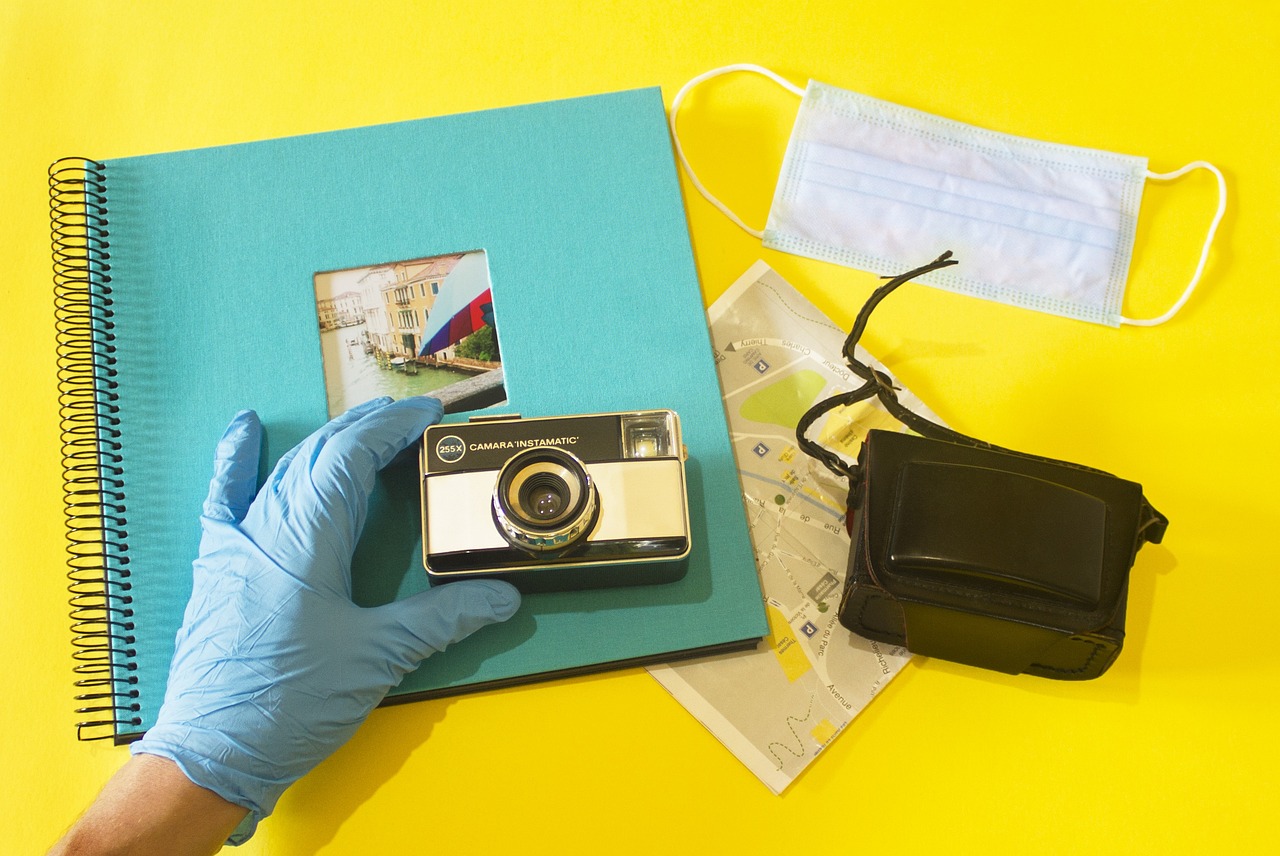Table of Contents
Introduction
Traveling is an exciting adventure that allows you to explore new cultures, cuisines, and landscapes. However, it’s crucial to be prepared for the unexpected. Carrying a well-stocked first aid kit can make a significant difference in how you handle medical situations while on the road.Why a First Aid Kit is Crucial for Travelers
Accidents can occur at any time, and when you’re away from home, finding medical assistance might not always be easy. Having a first aid kit can provide you with the tools needed to address minor injuries and ailments promptly. It can be a lifesaver in situations where immediate medical attention is not accessible.Creating a Comprehensive First Aid Kit
Essential Medications
Including common medications like pain relievers, antihistamines, and anti-diarrheal drugs can help manage various unexpected health issues.Bandages and Dressings
Carry an assortment of adhesive bandages, sterile gauze pads, and medical tape to handle cuts, scrapes, and other wounds.Antiseptics and Disinfectants
Items like hydrogen peroxide, alcohol wipes, and antiseptic creams are essential for cleaning and disinfecting wounds.Pain Relievers
Over-the-counter pain relievers can provide relief from headaches, muscle pain, and other discomforts.Tweezers and Scissors
Useful for removing splinters, thorns, or cutting bandages.Thermometer
A digital thermometer can help you monitor your body temperature and detect fever.Adhesive Tape
Medical tape is essential for securing dressings and bandages.Gauze Pads
Sterile gauze pads are versatile and can be used to clean wounds or as an extra layer of padding.Cotton Balls and Swabs
Helpful for applying antiseptics or creams.Instant Cold Packs
Useful for reducing swelling and pain.Medical Gloves
Protect yourself and others when providing first aid.Burn Cream and Aloe Vera Gel
Relieve pain and promote healing for minor burns and sunburns.Allergy Medications
Antihistamines can provide relief from allergic reactions.Considerations for Special Health Needs
If you have specific medical conditions or allergies, make sure to include medications and supplies relevant to your needs.Packing and Storing Your First Aid Kit
Choose a waterproof and durable container to store your first aid items. Make sure it’s easily accessible and well-organized.- Adhesive Bandages
- Antiseptic Wipes
- Pain Relievers
- Small Scissors
- Antihistamines
Preparing for Common Travel-Related Health Issues
Motion Sickness
Carry motion sickness medication if you’re prone to nausea during travel.Sunburn and Skin Irritations
Pack sunscreen, aloe vera gel, and creams for various skin irritations.Stomach Upset and Diarrhea
Include anti-diarrheal medications and electrolyte packets to stay hydrated.Insect Bites and Stings
Insect repellent and anti-itch creams can alleviate discomfort from bug bites.Minor Cuts and Scrapes
Treat minor injuries promptly with antiseptics and bandages.Stay Informed and Seek Professional Help
While a first aid kit is valuable, knowing when to seek professional medical assistance is equally important. Stay informed about local healthcare facilities and emergency numbers at your travel destination.Conclusion
Carrying a well-stocked first aid kit is a vital aspect of responsible travel. It empowers you to handle minor health issues with confidence, allowing you to make the most of your adventures without unnecessary worry. Prioritize safety, and remember, a prepared traveler is a happy traveler.FAQs
- Do I need a first aid kit even if I’m traveling to urban areas?Absolutely. Accidents can happen anywhere, and having a first aid kit ensures you’re prepared regardless of your destination.
- Can I carry prescription medications in my first aid kit?Yes, especially if you have specific medical needs. Make sure to carry the necessary documentation and follow travel guidelines.
- Is it necessary to carry instant cold packs even if I’m not traveling to cold regions?Yes, instant cold packs are useful for reducing swelling from injuries, regardless of the climate.
- Should I pack the same first aid items for international travel?While the basics remain similar, research your destination’s specific health risks and pack accordingly.
- What’s the most important thing to remember about using a first aid kit?Always read and follow instructions for medications and medical supplies. When in doubt, seek professional medical help.

